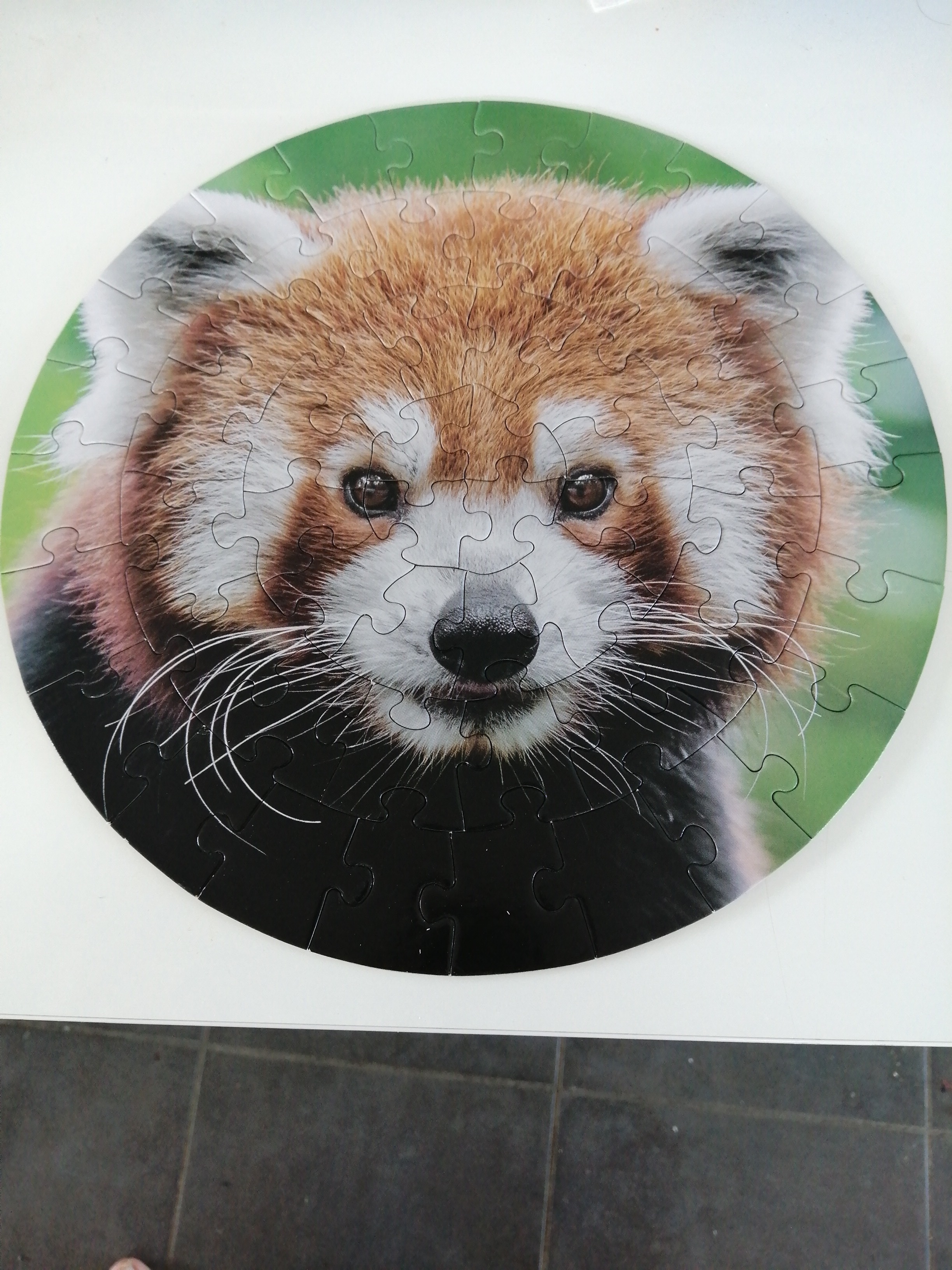first helpful comment gets to be featured in my next post (with your consent ofc)
はどうけん
Ha-dooo-ken
is it second syllable that is accented? as in ha-DOU-ken kom-BU-cha pa-NER-a bread?
Think so
Precisely
Edit: I have discovered that I can annoy my girlfriend by saying kombucha in the same intonation as Ryu says hadouken and it is very excellent
I said all those words mentally as the og crunchy soundbite
thank you so much all the top videos i could find were ai voices so this is very helpful
tell your gf sorry not sorry on my behalf :)

Where is this silly little creature from?
That’s Kuromi, a Sanrio character. She’s the rival of My Melody (Hello Kitty’s best friend).
kuromi from sanrio 🥳🤩🥰
I’m seeing a lot of wrong answers, and as a native speaker, I must interject.
How. Do. Ken.
How do, Ken?
Thank you.
Ha-Dough-Ken
Exactly like Ryu and Ken pronounce it in the original game. Ha-doo-ken! Emphasis on the doo. Repeat until your best friend is dead and calls you a cheater. Move on to Mortal Kombat knowing full well you’re picking Scorpion…
Ha-doo-ken!
This is the way I always heard it. Not just do-kin. Ha-deh’u-kin! Is how I hear it.
How-do-you-do-Ken
“Ow, that hurts!”
“Sorry-you-ken!”
[hadoːkẽꜜɴ]
Or if the IPA is not helpful:
“Ha” as in “hard” but with a shorter vowel, not the æ thing from “had”.
“Door” without the R - the stress is here (hadouken). The important part is avoiding “oh” which sounds extremely thickly Anglo (“chipoohhhtlayyyyyy”)
Ken is ken, I guess.
/do:/ is not the same vowel as door, that’s /dɔː/
it’s 'doo" to rhyme with “too”.
In Japanese the syllable definitely does not rhyme with “too”, that’s closer to う which is not a vowel (albeit a character) in this word. Either way this is my bad for trying to use English phonetically.
I should’ve said “look up a video where it’s pronounced by a Japanese person” up front. :p
well the point of IPA is that a symbol matches up to an internationally-agreed sound and /o/ is the close-mid back rounded vowel
however, what’s not listed is that it seems the elongation of a vowel in Japanese is suprasegmented - so the “doo” sound is closer to how you’d say the o’s in the (nonsense) phrase “do oozing” - a very subtle distinction from just “doo”
it’s possible that Japanese speakers could endolabiallize differently, or that they form the vowel closer to open-back than close-back like /《o̞》 / but I’m not an expert








